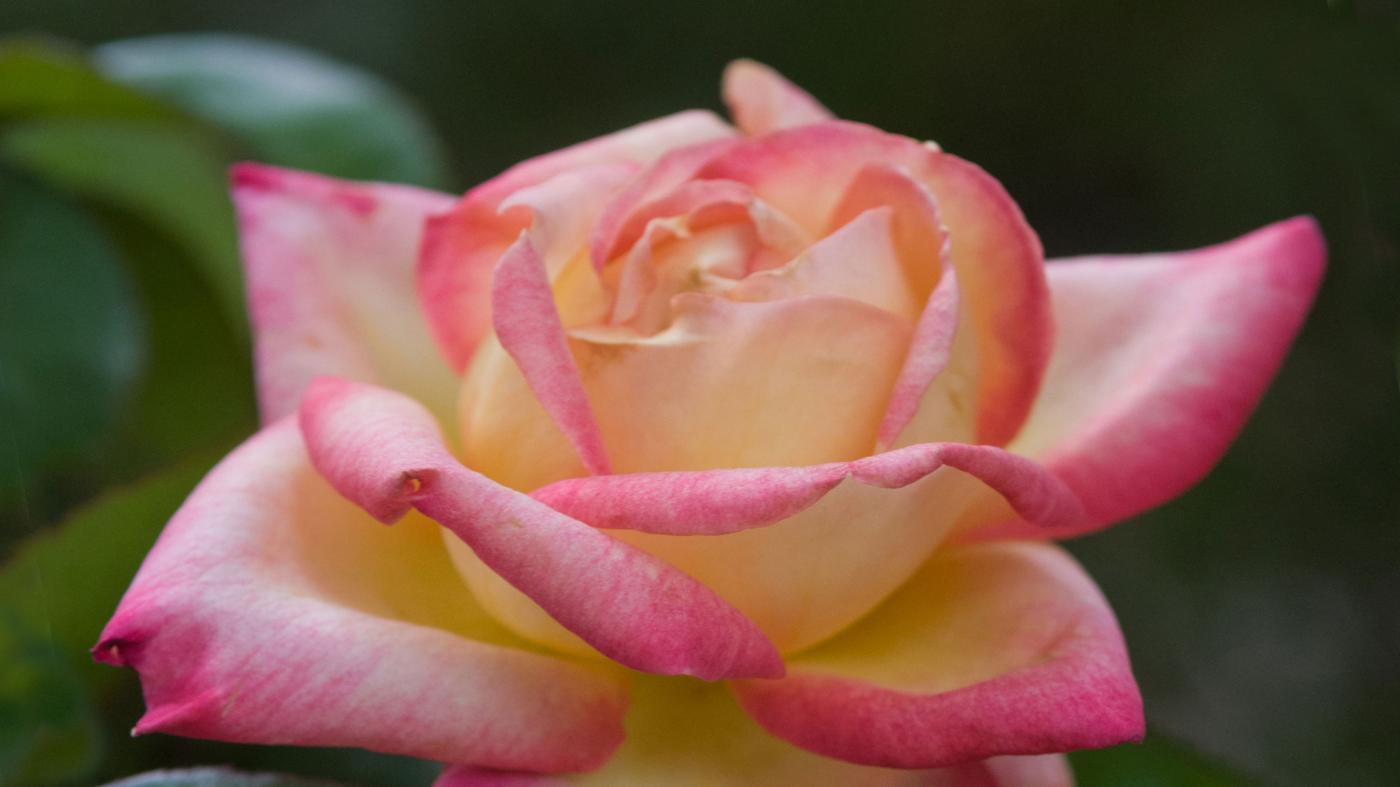
42.15113831, -87.79221344
42.15114594, -87.7922287
42.15114975, -87.79225922
42.15115738, -87.79221344
42.15131378, -87.79237366
Lamark Serviceberry
Although its origin is something taxonomists cannot agree on, Lamark serviceberry exhibits the classic characteristics of amelanchiers -- abundant small white flowers appearing before the leaves, edible bird-friendly berries and reddish-yellow fall foliage color.
Members of the genus Amelanchier offer four seasons of interest -- small white flowers (occasionally pinkish) in spring, edible berries in early summer, attractive foliage color in fall and interesting bark/branch structure in winter. Common names for amelanchier include juneberry and serviceberry and refer to the blueberry-like fruit edible by humans and much beloved by birds. The species range from small trees to large shrubs, usually multi-stemmed. Found at woodland's edge in the their native habitats, amelanchiers are best used in a naturalistic setting in the home landscape.
Amelanchiers are native to temperate areas of North America and, to a lesser extent, of Asia and Europe. The genus includes about 20 species; hybridization efforts have tended to focus on enhanced fall foliage color. The Chicago Botanic Garden's collection includes more than 30 varieties and over 450 plants.

